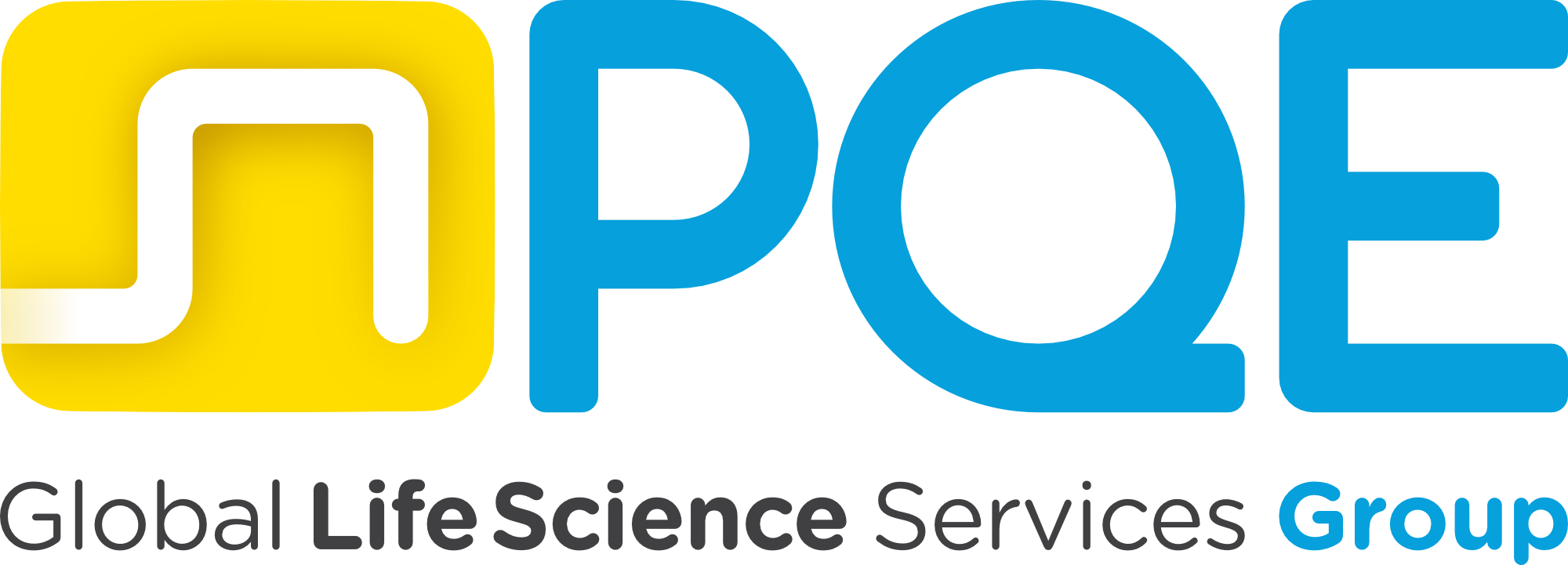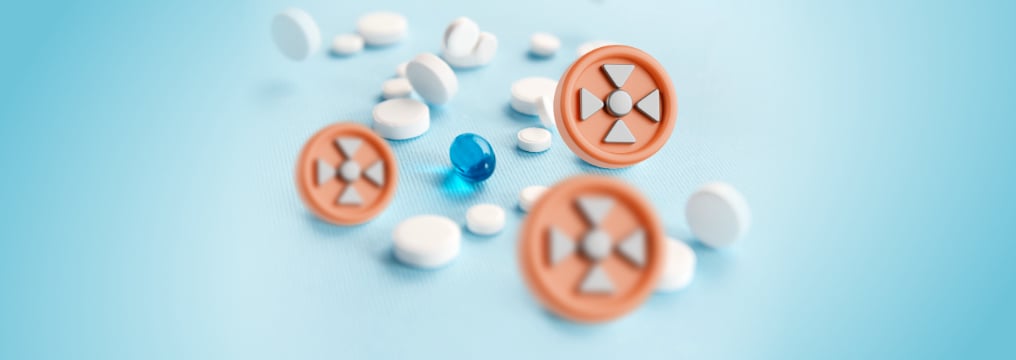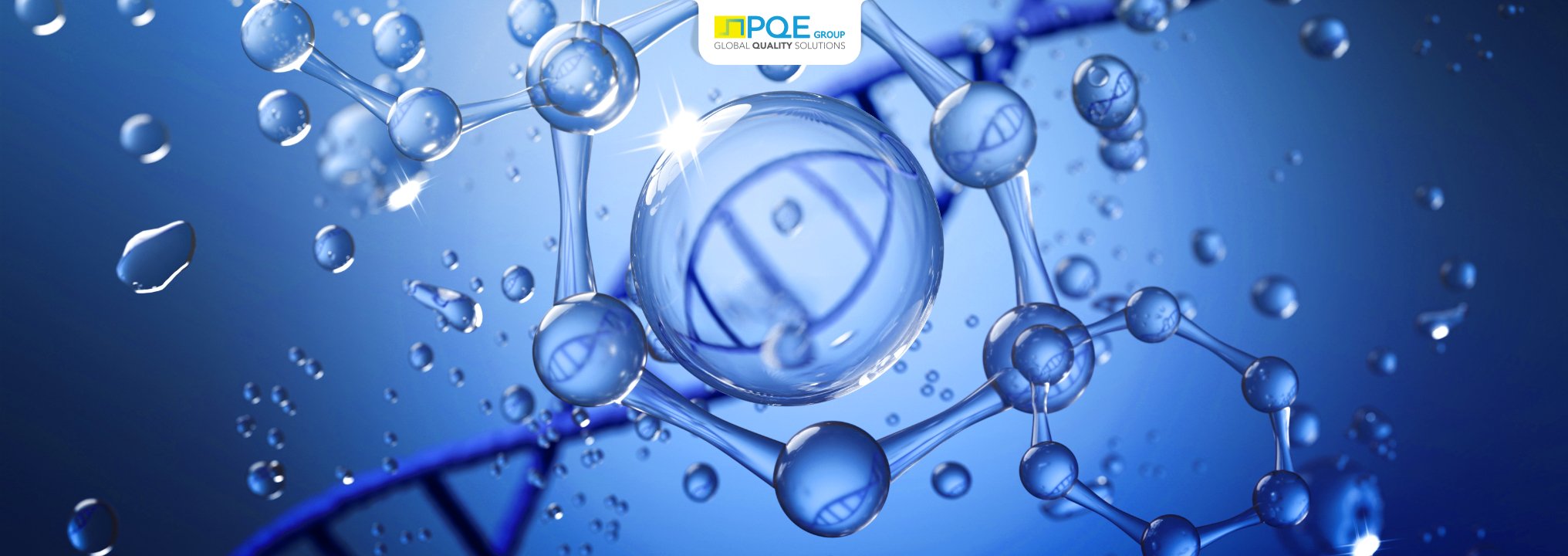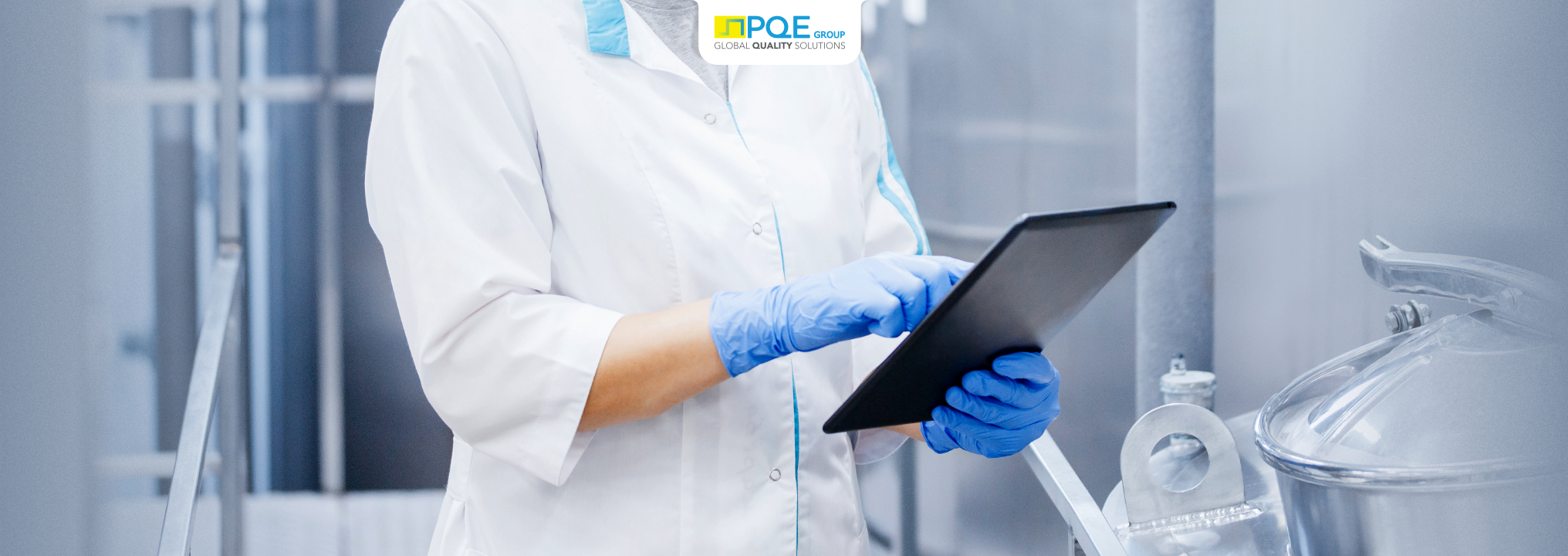
Ensure transferred process readiness
A technology transfer exercise can be performed for single steps of the manufacturing process (eg. Final drug product filling) as well as for complete processes.
First of all the readiness of the process to be transferred must be ensured, it means that the steps and controls must be robust ensuring a reproducible process performance in terms of product quality and yield. This is particularly important because:
- A robust product quality is necessary to ensure product safety and efficacy;
- A reliable yield is important for both compliance reasons, as this is also related to process performance, but also for business reasons, in order to pick up the right company with the right volume capabilities to smoothly proceed in vaccine manufacturing according to market demand.
Receiving company capabilities and process validation
Last point put us straight forward to the next one: the receiving company capabilities, that must be very deeply evaluated both in technical terms (equipment, utilities, personnel etc.) and compliance (quality management system, control of changes, business continuity etc.). Also the geographical localization of the receiving company is very strategical and must be deeply evaluated in order to have the right market access in a time effective way. A technology transfer is more complex that a simple copy-paste of an existing sequence of activities to be performed:
- Different equipment can be in place (concerning both scale and type of equipment, like for example geometrically different bioreactors or single-use vs stainless steel technologies) and further development/optimization of the process (budget and time-consuming) can be necessary before transferring;
- All the flows must be transferred, including critical raw materials procurement and analytical capabilities, eventually including external laboratories (to be chosen and qualified) if the receiving company does not internally have all the original company capabilities;
- All the activities, related to both process and analytics, must be validated before starting the product supply, including also the regulatory authorities inspection and approval;
- A robust and reliable quality management system should be in place ensuring any event is adequately tracked and managed on time, as well as potential business continuity risks are managed, ensuring the tech transfer and following activities can proceed smoothly.
As for any other activity performed under regulated conditions, the whole technology transfer must rely on robust documentation, starting from a technology transfer plan up to the final report, discussing all the results.
The human factor
And then… the human factor: activities are performed by people and for a complex technology transfer, like vaccines ones, a broad and comprehensive team of people with cross-functional know-how, should supervise the project. Main Subject Matter Experts include at least:
- Development and Manufacturing Process Scientists
- Analytical Scientists
- Validation Experts
- Project Managers
Lastly, a technology transfer cannot be a success if not performed on time and within the budget. A scientifically sounding transferred process is amazing from a technical perspective but, if the process is transferred too late the market opportunity is lost forever; the same applies if the technology transfer must be stopped or slowed down because of budget constraint.
Performing a technology transfer is not a simple work, is a real challenge: performing a successful vaccine technology transfer is even more challenging as the product is complex, with intrinsic variability, and must be administered to healthy people across the whole world in a fast way. Bridges must be built in order to overcome both geographical borders as well as technical and cultural limitations: as this is a hard job, relying on international high level skilled professionals is really helpful in ensuring your vaccine is transferred successfully across the globe, matching your market goal on time.





